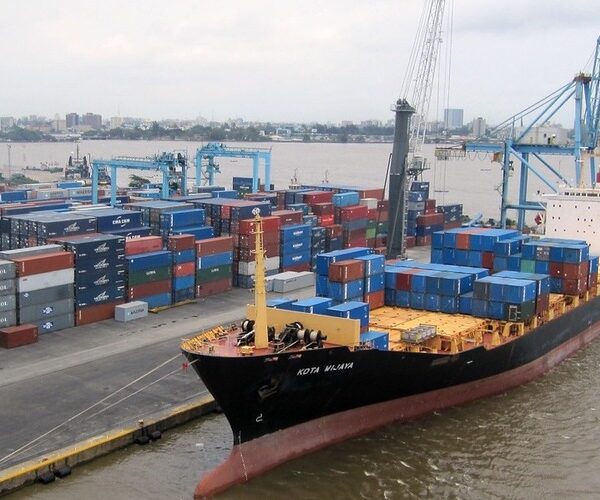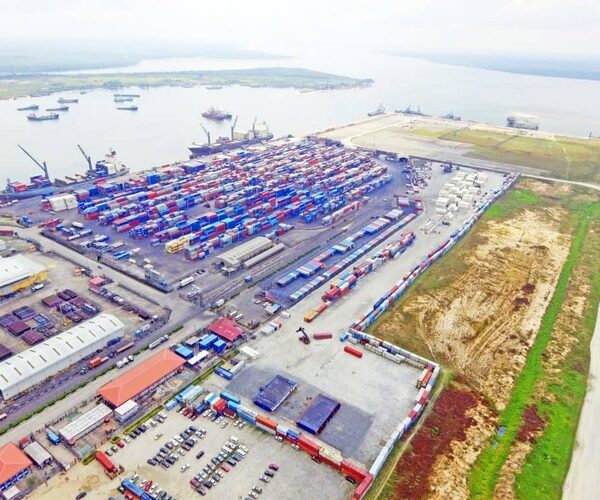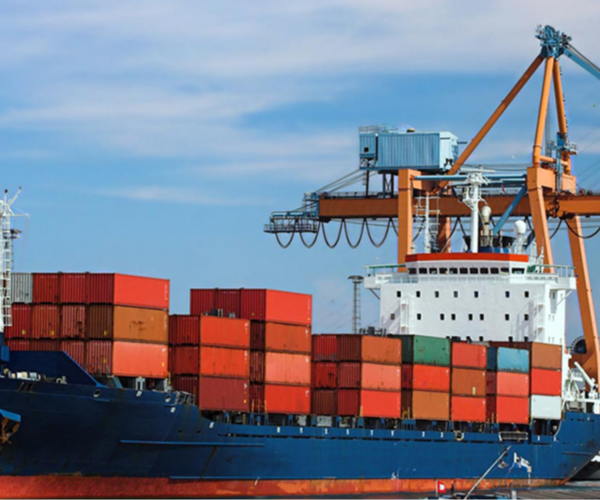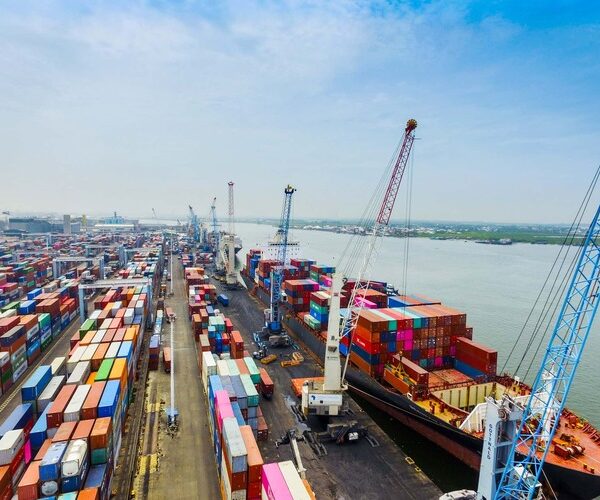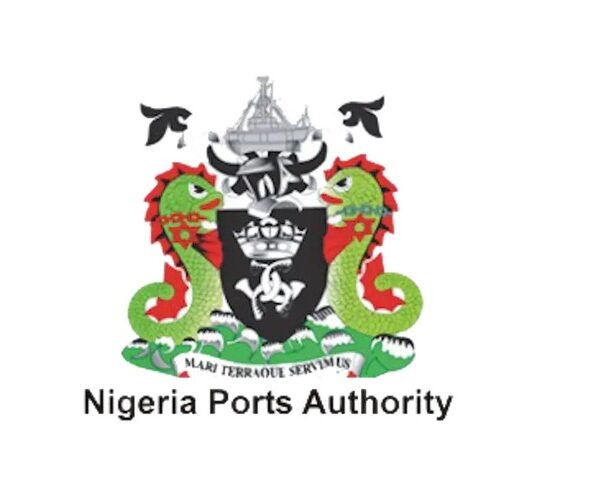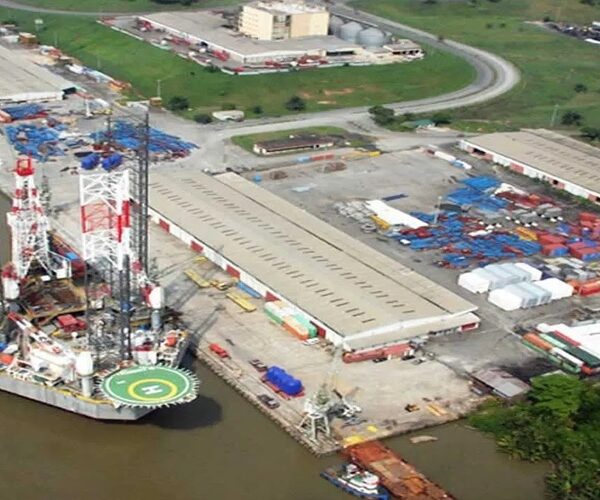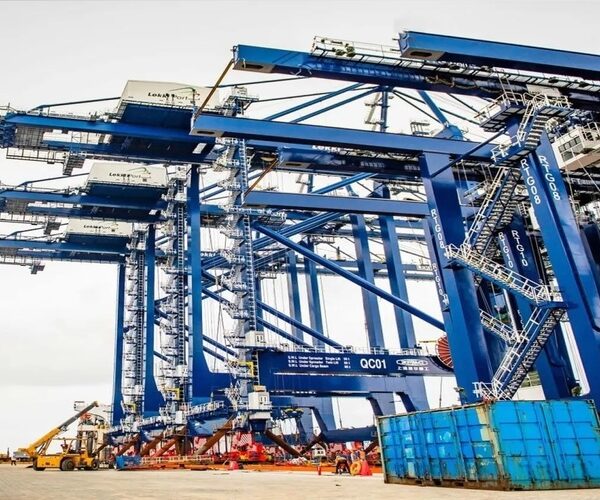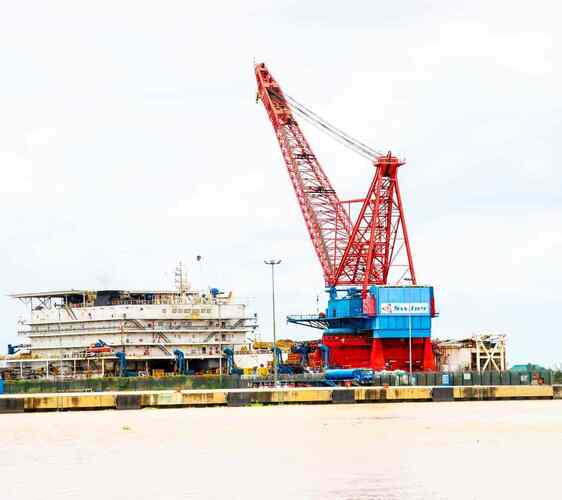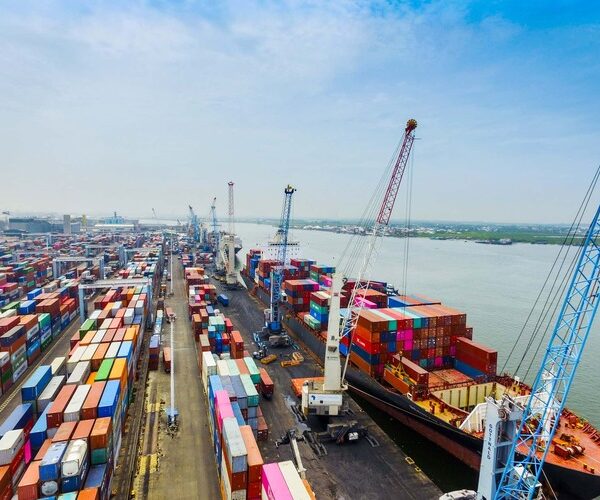- Government Organisation
- Edo House, SUITE 5-50 Ralph Shodeinde St, Central Business Dis, Abuja 900211, Federal Capital Territory, Nigeria
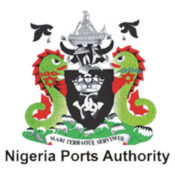
NIGERIAN PORTS AUTHORITY HQTRS (NPA)
About Us
The Nigerian Ports Authority (NPA) stands as a cornerstone of Nigeria’s maritime industry, serving as the primary agency responsible for the management of the country’s ports. Established in 1954, the NPA has played a vital role in facilitating maritime trade, ensuring efficient port operations, and fostering economic development across the nation.
At the heart of its mission is the efficient and effective management of Nigeria’s ports, ensuring they remain competitive on the global stage. The NPA oversees the operations of various ports scattered along Nigeria’s extensive coastline, including Lagos Port Complex, Port Harcourt Port Complex, Calabar Port, Onne Port Complex, and others. These ports serve as crucial gateways for imports and exports, handling a diverse range of cargo, including petroleum products, solid minerals, agricultural produce, and manufactured goods.
One of the key functions of the NPA is to provide and maintain port infrastructure and facilities. This includes berths, quays, cargo handling equipment, warehouses, and other essential amenities necessary for smooth port operations. By investing in modern infrastructure and adopting advanced technologies, the NPA aims to enhance efficiency, reduce turnaround times, and attract more shipping traffic to Nigerian ports.
In addition to infrastructure development, the NPA is responsible for implementing and enforcing port regulations and standards to ensure compliance with international best practices and safety protocols. This includes measures to prevent pollution, maintain security, and facilitate seamless cargo clearance processes. By upholding high standards of operation and safety, the NPA fosters trust and confidence among port users, including shipping lines, freight forwarders, and importers/exporters.
Furthermore, the NPA plays a pivotal role in trade facilitation and revenue generation for the Nigerian government. Through the collection of port dues, tariffs, and other charges, the authority generates significant revenue, which contributes to national development initiatives. By streamlining administrative processes and leveraging technology, the NPA aims to further enhance revenue collection efficiency while promoting transparency and accountability.
In recent years, the NPA has embarked on various initiatives to modernize and transform Nigeria’s ports into world-class maritime hubs. This includes the implementation of electronic cargo tracking systems, automation of port operations, and the development of multi-modal transportation networks to improve connectivity with hinterland regions. Such initiatives are crucial for enhancing Nigeria’s competitiveness in global trade and attracting investment in the maritime sector.
Despite facing challenges such as inadequate infrastructure, port congestion, and maritime security concerns, the Nigerian Ports Authority remains committed to its mandate of driving the growth and development of the country’s maritime industry. Through strategic planning, investment, and collaboration with stakeholders, the NPA continues to play a pivotal role in facilitating trade, stimulating economic growth, and positioning Nigeria as a maritime powerhouse in the region
Brief History
Port operations and development in Nigeria began in the middle of the 19th century. The effort towards the provision of facilities for ocean going vessels started with the opening of Lagos Lagoon in the early 1909. The Apapa Port in the South West was earmarked for development in 1913 and construction of the first four deep water berths of 548.64m at the port began in 1921
The Port of Port Harcourt was conceptualized on discovery of coal at Enugu and was subsequently opened for the business in 1913. The completion of the railway line in Enugu in 1916 resulted in the development of four 1920 feet long berths at Port Harcourt to expedite the exploitation and eventual exportation of coal on one hand and the support of importation of goods on the other hand. The Nigerian Port Authority was established as a continuous Public Corporation by the Ports Act of 1954 to address the institutional weakness that bordered on lack of coherent policy framework as ports development were done on adhoc basis driven by changes on the level and demand of sea-borne trade.
In 2003, the Federal Government of Nigeria initiated the drive towards improving efficiency at out Ports, and the landlord model was adopted for all the Nigerian Ports. This gave rise to the concession of 25 Terminals to private Terminal Operators with lease agreement ranging from 10-25 years. One of the concessions was a Build, Operate and Transfer (BOT) arrangement. Also in the process of reorganizing the ports, the former eight (8) ports were reduced to six (6) major ports, with two (2) ports in Lagos and four (4)in the east namely; Lagos Port Complex, Tin Can-Island Port Complex, Calabar Port, Rivers Ports, Onne Ports Complex and Delta Ports Complex respectively.
In line with the reform programme, the transaction commenced with the advertisement for Expression of Interest on the 3rd of December, 2003, by the National Council on Privatization with the Bureau of Public Enterprise acting as the transaction agent. A total of 110 EOIs were harvested out of which only 94 were pre-qualified.
Pre-bid conferences, Data room and physical due diligence were also done and request for proposals sent out to bidders. Technical bids were submitted and evaluated; the financial offers were also opened to determine the successful bidders.
All the successful bidders negotiated their concession agreements with a Public Sector Team made up of Nigerian Ports Authority and the Bureau of Public Enterprise. Successfully negotiated agreements were signed. Transition programme initiated preparatory to handing over. Under this new arrangement the Authority ceded some of her functions and responsibilities to the Private Sector.
VISION
To Be The Maritime Logistics Hub For Sustainable Port Services In Africa
MISSION
To Deliver Efficient Port Services in a Safe, Secure and Customer-friendly Environment
CORE ESSENCE
A National Brand Asset Anchored on Service Excellence
CORE VALUES
Efficiency, Customer Satisfaction, Security, Collaboration, Innovation, Safety, Integrity
OUR SERVICES
- Harbour services
- Cargo Handling
- Marine services
- Health Safety and Environment services
- Security services
- Commercial services
- Engineering and Technical services
- Land and Estate services
OUR BUSINESS
- Port locations
- Joint Ventures
- Terminals
- Greenfield
- Pilotage
Business Amenities
- Accepts Debit Cards
- Car Parking
- Funding: Federal
Contact Information
Opening Hours
Contact Business
Contact Business
Additional Information
Additional info



